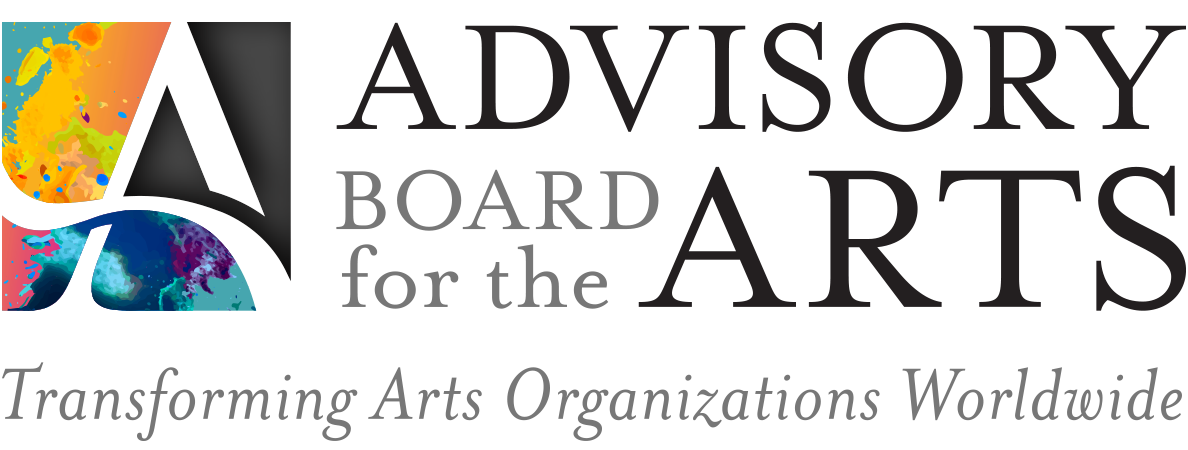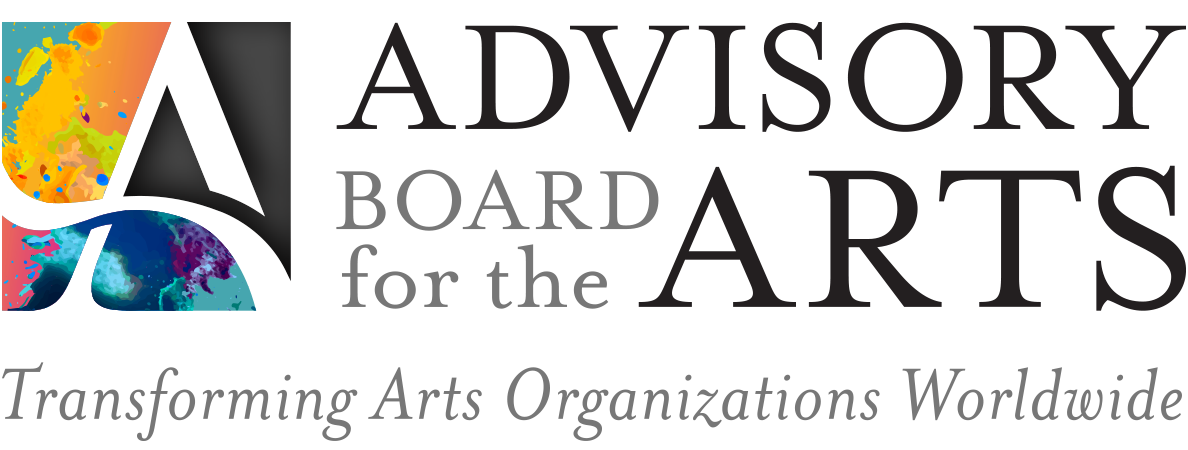Webinar Recap: Asia Reopening?
March 31 (Replay at end of page)
On March 31st Advisory Board for the Arts hosted a webinar with guest speakers Alex Brose, Executive Director and CEO of Tianjin Julliard School, and Septime Webre, Artistic Director of the Hong Kong Ballet to learn how their organizations have managed through the period of closures due to Coronavirus and where they are focused as they look toward reopening.
Both Alex and Septime acknowledged the high levels of uncertainty that remain both in their corner of the world and across the globe. As Alex noted, each week his team thinks “we will know more next week,” but eight weeks have passed and there is still no clear answer as to when Hong Kong will be fully operational.
However, after managing through this crisis for more than two months, their experience and perspective offer valuable insight into how other arts organizations around the world should communicate with key stakeholders, create scenario plans, and design their programming as they look toward reopening in the future.
Lesson 1: Never Underestimate the Power of Human Connectivity
When asked about communicating with key stakeholders during the pandemic, Septime recommended creating a systematized communication strategy. And Alex emphasized that there should be no uncertainty among key stakeholders about why the organization is moving in a certain direction. Arts organizations should take advantage of the down time when work has slowed to leverage technology for more personalized communication—both formal and informal—with key stakeholders:
Board members: Encourage Zoom meetings with board members to maintain engagement and connection with the organization.
Key Donors: Consider hosting a Zoom call for key donors and invite musicians to play during the video call.
Audiences: Maintain engagement through digital engagement – online streaming, podcasts, online classes, and social media.
Artists: Hong Kong Ballet had 45 company dancers on a Zoom call this past week for core strength training and ballet barre classes.
Lesson 2: Have a Plan B, and Plan C, and Don’t Stop There
As China faces its second wave of cases resulting from ex-pats returning to the country, Alex and Septime have both learned the hard lesson that this is a very dynamic situation, and certainly not one where a switch will flip and life will be back to normal. As a result, their organizations are planning for multiple scenarios for when they may be able to reopen.
For example, Hong Kong Ballet hopes to open a new production in June, but has a later date reserved and scheduled for August, and then a third option in October. As Septime put it, organizations need to be ready to roll with the punches, but they should have plans in place for the different ways those punches might roll.
He believes the smartest, most nimble organizations are putting aggressive programming plans in place that will be able to be executed as soon they receive the green light. As the ballet plans for next season, they plan to include some performances that have been cancelled given their artistic importance to the organization, and others they are letting fall by the wayside.
Lesson 3: Consider Future Programming that Emphasizes and Promotes the Importance of Community
Both Septime and Alex are very optimistic about audience members returning to the arts in droves when organizations can reopen. Septime recalled that while he was working for the Washington Ballet, they opened a show five weeks after September 11th, and it had the highest ticket sales during his tenure at the organization. After times of crisis, people crave communal experiences.
In response to the struggles the country faced this past year, Hong Kong Ballet has decided their theme for next season will be Love Hong Kong. They plan to contextualize all the work in a way that emphasizes community connectivity and love in every manifestation.
Alex believes organizations have a great opportunity right now to reach out to partners overseas and think about commissioning work that celebrates coming out of this global crisis together. He sees a great need to connect globally on this issue from an artistic perspective.
Quick Polling Results
At the end of the webinar we asked respondents for their opinion on when their organizations will recover from the impact of the coronavirus and there were varied opinions: 39% estimate less than one year, 41% estimate between 1-2 years, and the remaining 20% believe it will be 3-5 years.
Though the world continues to face uncertainty about the timeframe of the coronavirus impact, continually communicating with stakeholders, creating strong contingency plans, and designing community-based programming for the future will position arts organizations for success coming out of the crisis.

